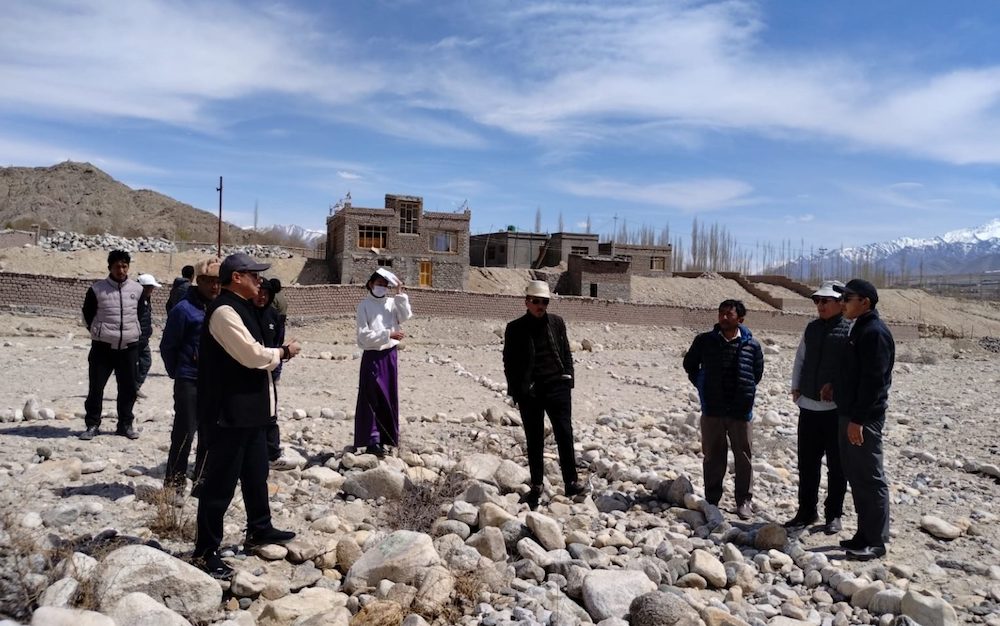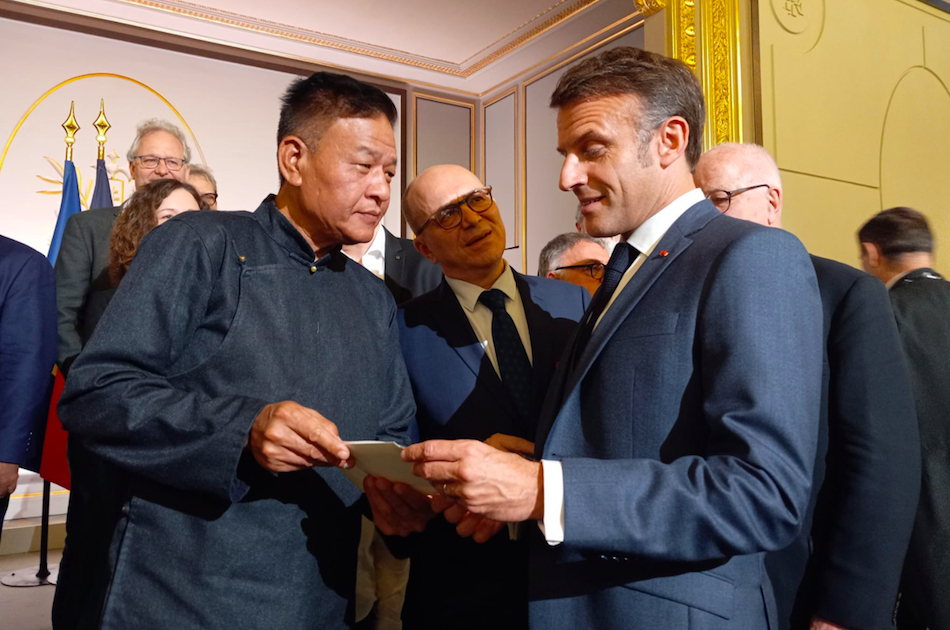By Jonathan Manthorpe
No one these days seriously expects summits between national leaders to confront and solve irritants between their countries.
 These panoplies are, at minimum, performance art to reassure the publics with comforting pictures that their leaders are reasonably well house-trained and competent actors in front of cameras.
These panoplies are, at minimum, performance art to reassure the publics with comforting pictures that their leaders are reasonably well house-trained and competent actors in front of cameras.
At best these meetings ratify agreements hammered out by the middle and senior-ranked officials who do the real work of resolving differences between nations.
Last week’s visit to the United States by Chinese President and Communist party leader Hu Jintao was always destined to be at the performance art end of the diplomatic summit spectrum. Coming from a political culture where public ceremonies are the main glimpse the citizenry gets into the current state of power and its practitioners, Hu can be well pleased with the pictures beamed back home to China.
At a personal level Hu’s image was burnished by the administration of President Barack Obama. This was labelled a “state visit” which meant Hu got the full White House banquet treatment. This was in contrast to Hu’s last visit in 2006 when then president George W. Bush received his guest with only slightly more decorum than a door-to-door salesman might expect.
As Hu approaches the end of his turn at the helm of the Communist dynasty next year, Washington’s deference to his stature is an important notation in his legacy score book.
But Obama went further and in word and body language acknowledged that China is a world power, at least in economics.
And Hu sought to emphasize China’s emergence last year as the world’s second-largest economy by lavishing money on his hosts. Deals were signed worth $45 billion for China to buy U.S. aircraft, heavy machinery, software and agricultural products.
Even before Hu arrived in Washington, however, Chinese officials had made it clear there would be no movement on the issue of the pegged value of the Chinese currency, the yuan, which for years has been a major irritant in economic and commercial relations with Washington. The U.S. maintains Beijing is keeping the value of the yuan artificially low, which deflates the price of China’s exports. This, says Washington, is the major cause of China’s distorted balance of trade with many countries and why Beijing’s foreign currency reserves are so massively bloated.
Beijing, whose prime concern is the increasing political illegitimacy of the Communist party as it approaches the fifth generation of unelected leaders since the 1949 revolution, is driven only by the need to keep the country’s growth in gross domestic product at over eight per cent a year in order to create jobs. Allowing the yuan to find its true value, Beijing says, will be approached slowly and methodically.
There is a growing chorus of questioning among Western analysts whether China has the time to follow this slow and steady policy. China’s economy is big because the country is big. Its economy is not big because it is strong. There’s a good argument, for example, that domestic inflation in China is a direct result of the artificially low value of the yuan.
In one of China’s major manufacturing provinces, Guangdong, minimum wages were raised by up to 26 per cent last week in response to public complaints about shrinking purchasing power.
The government has tried to control inflation by curbing credit and raising interest rates. But interest rates remain below the official inflation rate and nowhere close to the real number. That points too to the continuing structural weaknesses in China’s financial sector, especially the banks.
After the departure of China’s prime minister and economic reformer of the 1990s, Zhu Rongji, the projects to restructure China’s banking system slowed in the early years of the new millennium and came to a halt in 2005.
The work of the banks remains politically driven. They are required to lend at advantageous rates, often without expectation of repayment, to favoured operations, usually companies and conglomerates state-controlled on paper, but in reality the oligarchic preserves of families of senior Communist party members.
Some of these conglomerates have now become, in effect, independent principalities, in some aspects more powerful than the government and with the power to block reform and otherwise pursue their own policies.
jmanthorpe@vancouversun.com









